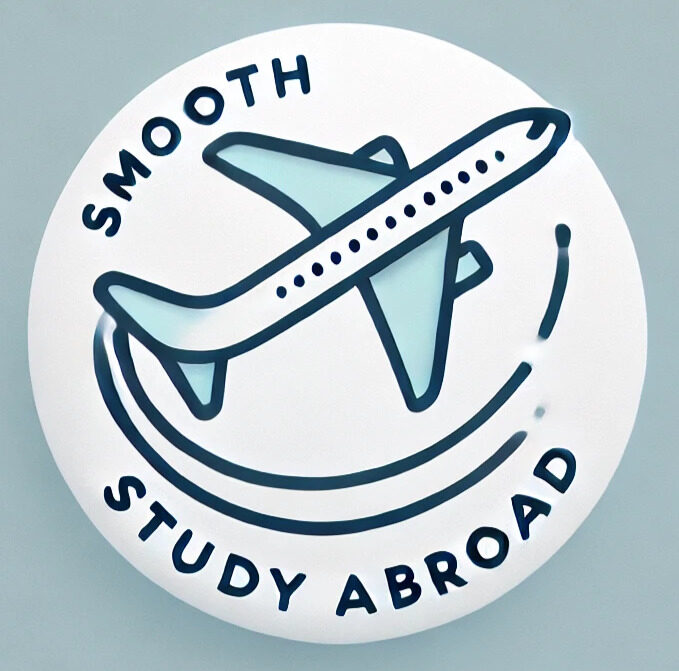Q&A Studying Abroad: Administrative Procedures, Parents, Common Problems
 Discover answers to frequently asked questions about administrative procedures, practical advice for parents, and solutions to common problems for a successful study abroad experience.
Discover answers to frequently asked questions about administrative procedures, practical advice for parents, and solutions to common problems for a successful study abroad experience.
Q&A Studying Abroad about administrative procedures
What documents do I need to obtain a student visa?
You’ll need your passport, university admission letter, proof of financial resources, health insurance, and sometimes a medical certificate.
Do I need international health insurance?
Yes, international health insurance is often required to cover medical care during your stay abroad.
Do I need to open a bank account abroad?
Opening a local bank account is recommended to facilitate day-to-day transactions and avoid international fees.
Advice for parents
How can I keep in touch with my child abroad?
Use messaging and videoconferencing applications like WhatsApp, Skype or Zoom for regular, free communications.
What should I do if my child encounters difficulties abroad?
Encourage your child to sign up for student support services and to contact the local consulate or embassy in the event of a serious problem.
How can I make sure my child is safe?
Make sure your child is informed of local emergency contacts and registers with the embassy in his or her country.
Common problems and solutions
I can’t adapt to the new culture, what can I do?
Take part in intercultural events organized by the university, get a mentor to accompany you, and try to learn the basics of the local language.
I’m having problems with my visa. Who should I contact?
Contact your country’s embassy or consulate and your university’s administration immediately for assistance.
My studies are putting too much pressure on me. How can I manage?
Consult the university’s psychological support services or talk to an academic advisor to lighten your workload.
